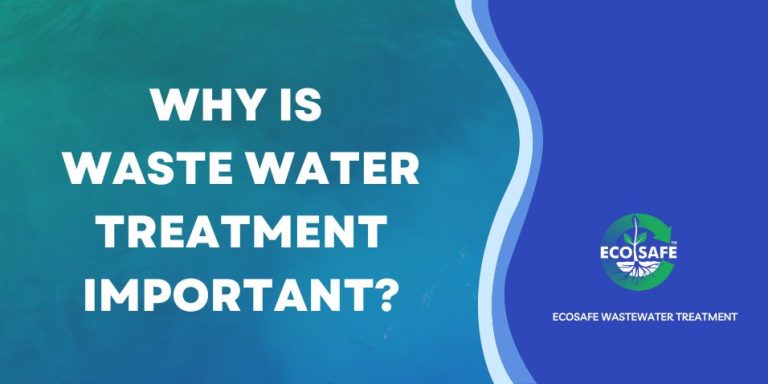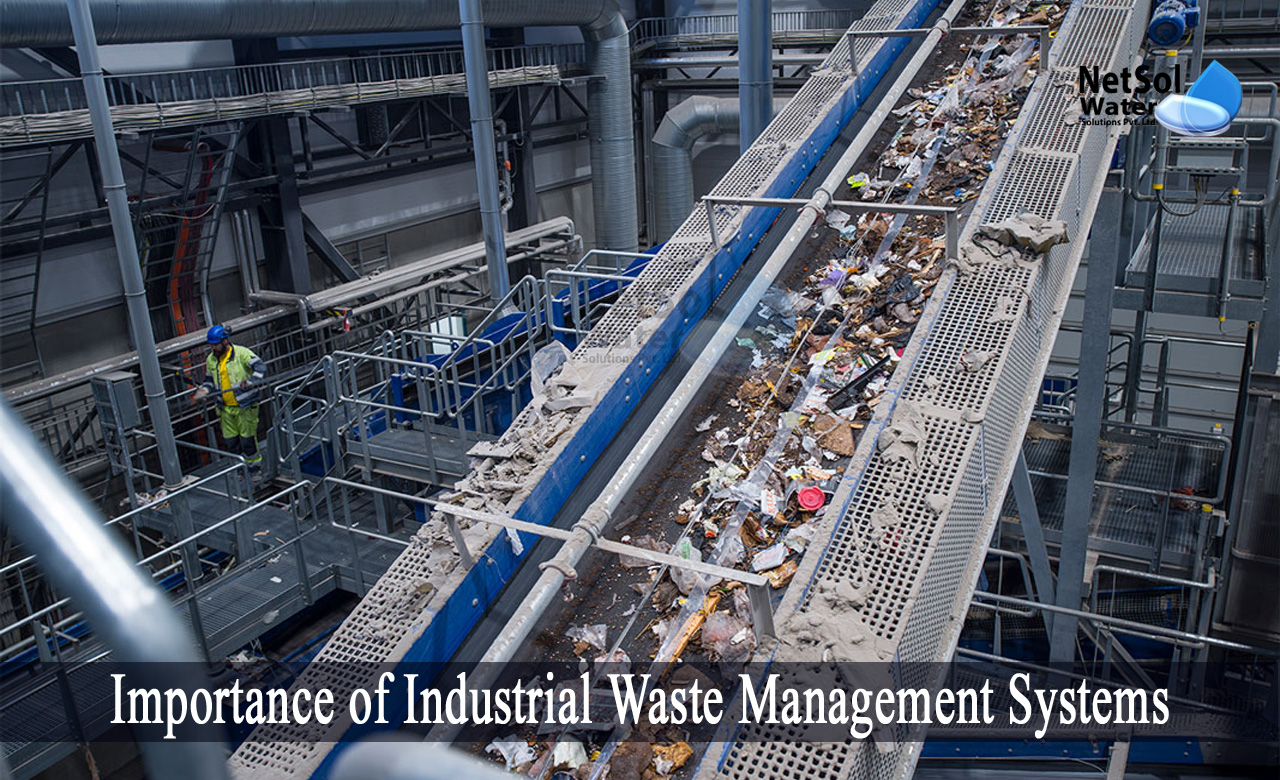Things about Reclaim Waste
Things about Reclaim Waste
Blog Article
All about Reclaim Waste
Table of ContentsOur Reclaim Waste PDFsWhat Does Reclaim Waste Mean?The 4-Minute Rule for Reclaim WasteReclaim Waste - QuestionsReclaim Waste Can Be Fun For Anyone
Residential sewer waste refers to the waste and products from a domestic septic container. The appropriate monitoring and disposal of residential sewage waste require liquid waste to be transferred to a sewer therapy plant where the proper techniques and tools are used to cleanse and dispose of waste.
Business waste typically includes potential threats, such as flammable materials or a blend of liquid and strong waste items, and calls for an advanced and comprehensive disposal process. The disposal of industrial waste generally entails the filtration of waste prior to transport to make certain safe and correct disposal. Industrial waste is produced from results and runoff of industrial processes and manufacturing.
This sort of waste can not make use of the very same sewage administration transportation or procedures as septic or commercial liquids. The hazardous waste administration procedure calls for the evaluation and testing of fluid waste before it goes through the disposal process (liquid waste removal melbourne). Overflow waste is the liquid waste that comes from drainage and excess stormwater in extremely populated areas or cities
Runoff waste can trigger contamination and flooding if not managed properly. Making sure correct waste management can prevent disasters and reduce ecological injury.
Reclaim Waste Fundamentals Explained
Get in touch with PROS Solutions today to discover our waste administration and disposal solutions and the proper means to care for the liquid waste you generate.
(https://businesslistingplus.com/profile/reclaimwaste1/)Do you know what happens to your water when you pull the plug, purge the commode or drain the washing maker? No? Well, it's worth recognizing. This supposed 'wastewater' is not only an essential source yet, after treatment, will certainly be released to our land, rivers or the sea. Made use of water from commodes, showers, bathrooms, kitchen area sinks, laundries and commercial processes is referred to as wastewater.

water utilized to cool equipment or clean plant and tools). Stormwater, a type of wastewater, is drainage that flows from agricultural and urban areas such as roofings, parks, yards, roads, courses and seamless gutters right into stormwater drains pipes, after rain. Stormwater flows without treatment directly to neighborhood creeks or rivers, eventually getting to the ocean.
How Reclaim Waste can Save You Time, Stress, and Money.
In Queensland, many wastewater is treated at sewage treatment plants. Wastewater is transported from residential or commercial websites through a system of sewers and pump terminals, called sewage reticulation, to a sewage treatment plant. Neighborhood governments build, keep and operate most sewage treatment plants. Operators are licensed under the Environmental Protection Act 1994 to release cured wastewater at an appropriate ecological criterion right into waterways.
The Division of Natural Resources advises regional federal governments regarding managing, operating and maintaining sewerage systems and therapy plants. In unsewered areas, neighborhood federal governments may need householders to install individual or house sewer therapy systems to treat residential wastewater from bathrooms, kitchens, washrooms and washings. The Division of Natural Resources authorizes the usage of family systems when they are shown to be efficient.
Most stormwater gets no therapy. In some brand-new communities, treatment of some stormwater to remove litter, sand and gravel has begun using gross toxin catches. Wastewater therapy takes place in four phases: Eliminates solid matter. Larger solids, such as plastics and other items wrongly discharged to sewage systems, are eliminated when wastewater is travelled through screens.
Wastewater after that moves right into large tanks where solids clear up and are eliminated as sludge. Oil and scum are skimmed from the surface. Utilizes small living microorganisms recognizes as micro-organisms to damage down and eliminate remaining dissolved wastes and great fragments. Micro-organisms and wastes are included in the sludge. Eliminates nitrogen and phosphorus nutrients that could create algal blooms in our rivers and intimidate water life.
The 5-Minute Rule for Reclaim Waste
Nutrient removal is not offered at all sewage therapy plants because it requires costly specialized devices. Clear fluid effluent created after treatment might still consist of disease-causing micro-organisms - liquid waste disposal.

Most wastewater streams into the sewerage system. Under the Act, regional governments provide approvals and permits for ecologically appropriate tasks (Periods) including wastewater releases that might have a local influence.
Not known Details About Reclaim Waste
Or else, samples are see here now taken for laboratory analysis. Often numerous examinations are required to establish the levels of each of the different contaminants such as oils, heavy steels and pesticides in water. Monitoring provides accurate information concerning water top quality and can confirm that permit conditions are being satisfied. The information gotten with tracking provides the basis for making water high quality decisions.
Report this page